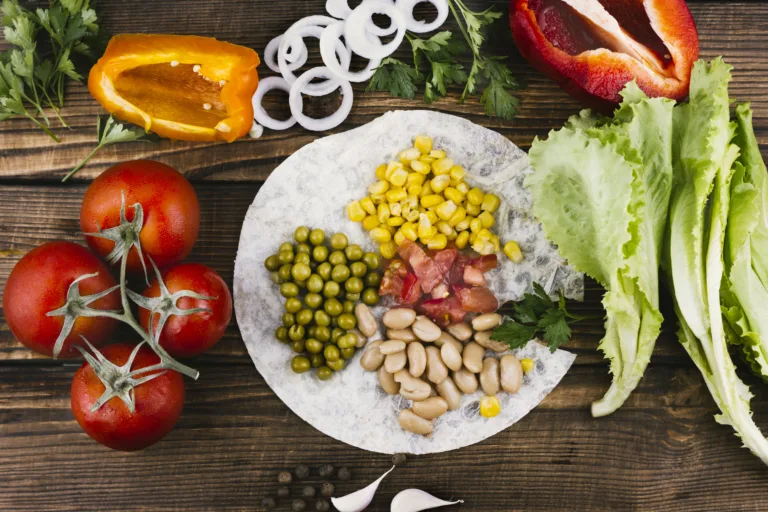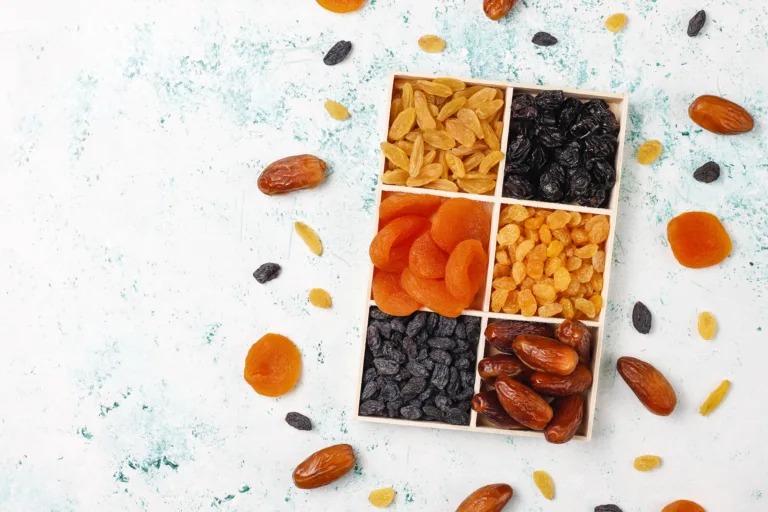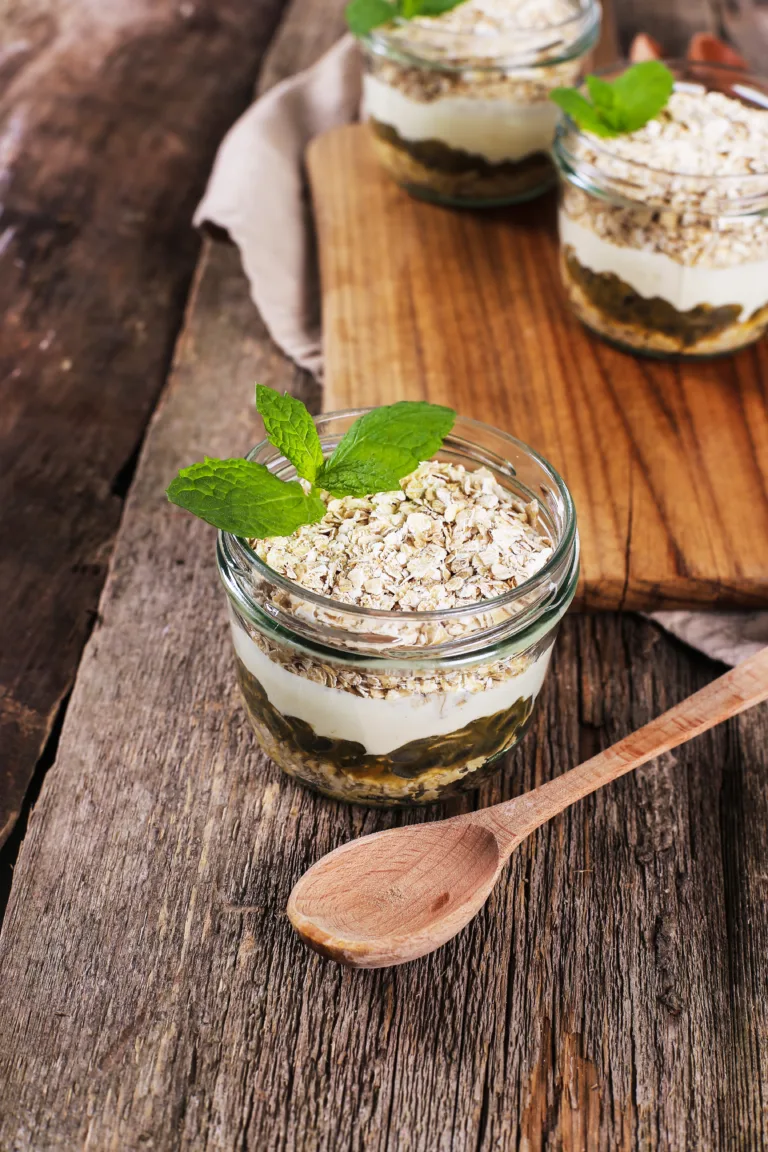
Plant-Based Food Sources of Iron
Iron is a fundamental mineral that assumes an imperative part of the body’s legitimate work. It helps in the production of hemoglobin, a protein present in red blood cells that carry oxygen throughout the body. Iron is also necessary for the body’s growth and development and for maintaining a healthy immune system.
While meat is a rich source of iron, there are plenty of plant-based foods that are high in iron as well. In this article, we’ll be discussing the top 15 plant-based foods that contain iron and how you can incorporate them into your daily diet.
1-Spinach
2-Lentils
3-Tofu
4-Chickpeas
5-Quinoa
6-Black Beans
7-Chia Seeds
8-Kale
9-Pumpkin Seeds
10-Broccoli
11-Edamame
12-Raisins
13-Almonds
14-Tahini
15-Oats

1- Spinach
Spinach is one of the most amazing wellsprings of factory-grounded iron. One mug of cooked spinach contains roughly 6.4 mg of iron, which is around 36 of the diurnal recommended value. Spinach is likewise a great wellspring of vitamin A, L- ascorbic acid, and folate.
2- Lentils
Lentils are an inconceivable wellspring of factory-grounded protein and iron. One mug of cooked lentils contains roughly 6.6 mg of iron, which is around 37 of the diurnal recommended value. Lentils are also high in fiber, making them an excellent food for promoting digestive health.
3- Tofu
Tofu, a popular factory-grounded protein, is also a good source of iron. Half a mug of tofu contains roughly 3.4 mg of iron, which is around 19 of the diurnal recommended value. Tofu is also rich in calcium and magnesium, making it an excellent food for maintaining healthy bones.

4- Chickpeas
Chickpeas, also known as garbanzo sap, are a great source of factory-grounded protein and iron. One mug of cooked chickpeas has about 4.7 mg of iron. which is around 26 of the diurnal recommended value. Chickpeas are also high in fiber, making them an excellent food for promoting digestive health.
5- Quinoa
Quinoa is a nutrient-thick grain that’s also high in iron. One mug of cooked quinoa contains roughly 2.8 mg of iron, which is around 16 of the diurnal recommended value. Quinoa is also an excellent source of protein and fiber, making it a great food for promoting overall health.
6-Black sap
Black sap is a great source of factory-grounded protein and iron. One mug of cooked black sap contains roughly 3.6 mg of iron, which is around 20 of the diurnal recommended value. Black sap is also high in fiber, making them an excellent food for promoting digestive health.

7-Chia Seeds:
Chia seeds are also rich in other important nutrients, including fiber, protein, calcium, magnesium, and omega-3 fatty acids. They have been linked to numerous health benefits, including improved digestion, heart health, and blood sugar control.
Chia seeds are also high in antioxidants, which help protect your cells from damage caused by free radicals. Free revolutionaries are shaky particles that can cause oxidative pressure, which has been linked to a variety of habitual conditions similar to cancer, heart complaint, and Alzheimer’s.
8-Swiss chard
Swiss chard is a leafy green vegetable that is an excellent source of iron. One cup of cooked Swiss chard contains approximately 4 mg of iron, which is 22% of the DV for iron.
9-Dried apricots
Dried apricots are a sweet and nutritious snack that is also high in iron. One cup of dried apricots contains approximately 4.5 mg of iron, which is 25% of the DV for iron.

10-Broccoli:
Broccoli is a cruciferous vegetable that is a great source of plant-based iron. One cup of cooked broccoli contains approximately 1.1 mg of iron, which is around 6% of the daily recommended value. Broccoli is also high in vitamin C, which can help enhance iron absorption in the body.
11-Edamame:
Edamame, or young soybeans, are a great source of plant-based protein and iron. One cup of cooked edamame contains roughly 2.7 mg of iron, which is around 15% of the daily recommended value. Edamame is also rich in folate, vitamin K, and magnesium.
12-Raisins:
Raisins are a sweet and tasty source of plant-based iron. One cup of raisins contains approximately 1.6 mg of iron, which is around 9% of the daily recommended value. Raisins are also high in fiber and antioxidants, making them an excellent food for promoting overall health.

13-Almonds:
Almonds are a great source of plant-based protein, healthy fats, and iron. One ounce of almonds contains approximately 1.0 mg of iron, which is around 6% of the daily recommended value. Almonds are likewise plentiful in vitamin E, magnesium, and fiber.
14-Tahini:
Tahini, a paste made from ground sesame seeds, is a great source of plant-based iron. Two tablespoons of tahini contain approximately 2.7 mg of iron, which is around 15% of the daily recommended value. Tahini is also rich in healthy fats, protein, and calcium.
15-Fortified Cereal:
Fortified Cereal is a good source of iron.
We all know that breakfast is the most important meal of the day, but did you know that fortified cereal is one of the best sources of iron? Iron is an essential nutrient that helps your body produce red blood cells, which carry oxygen throughout your body. Without enough iron, your body can become exhausted, and you might be in danger of pallor. In this article, we’ll explain why fortified cereal such a good source of iron is and how you can incorporate it into your breakfast routine.
What is Fortified Cereal?
Fortified cereal is a type of cereal that has been enriched with additional vitamins and minerals, including iron. These nutrients are added during the production process to increase the nutritional value of the cereal. Fortified cereal is a popular breakfast option because it is quick and easy to prepare, and it can be a great source of nutrients.
Why is Fortified Cereal a Good Source of Iron?
Fortified cereal is a good source of iron for several reasons. First, it is easy to find at most grocery stores and it comes in a wide variety of flavors and textures, so you’re sure to find one that you like. Second, many fortified bowls of cereal are low in fat and sugar, making them a healthy breakfast option. Finally, fortified cereal contains iron in a form that is easy for your body to absorb.
How Much Iron is in Fortified Cereal?
The amount of iron in fortified cereal can vary depending on the brand and type of cereal. However, most fortified cereals contain between 18 and 21 milligrams of iron per serving. This is more than enough to meet the daily recommended intake of iron for most adults.
How to Incorporate Fortified Cereal into Your Breakfast Routine
Incorporating fortified cereal into your breakfast routine is easy. Simply pour a serving of cereal into a bowl and add your favorite milk or yogurt. You can likewise add new natural products or nuts for added flavor and sustenance. If you’re short on time in the morning, you can even pack a serving of cereal in a container and eat it on the go.
Other Iron Rich Breakfast Options
While fortified cereal is a great source of iron, there are other breakfast options that are also high in this essential nutrient. Some of these options include:
Oatmeal
Spinach and egg omelet
Peanut butter toast
Turkey bacon and whole-grain toast
By incorporating these foods into your breakfast routine, you can ensure that you are getting enough iron to keep your body healthy and energized throughout the day.
Conclusion
Fortified cereal is a great source of iron that is easy to incorporate into your breakfast routine. By adding this nutritious breakfast option to your diet, you can help your body produce red blood cells and prevent anemia. When shopping for fortified cereal, be sure to check the label to ensure that it contains iron and other important nutrients. With a little bit of creativity, you can enjoy a delicious and nutritious breakfast every day.

